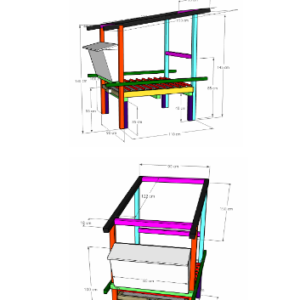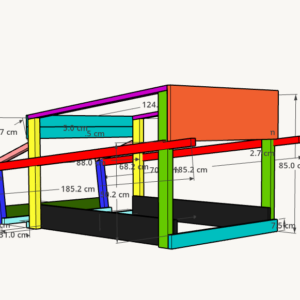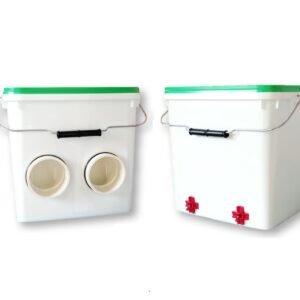Newcastle Disease (ND) is a highly contagious viral disease caused by avian paramyxovirus type 1 (APMV-1). The disease varies in severity depending on the virus strain and host species, ranging from mild respiratory disease to severe neurological symptoms and death.
SYMPTOMS
CAUSES
PREVENTION
TREATMENT
Symptoms
- Chickens (Most Susceptible):
- Respiratory distress
- Greenish diarrhea
- Twisted neck (torticollis)
- Drop in egg production
- High mortality
- Nervous symptoms
- Depression and loss of appetite
- Turkeys:
- Milder symptoms than chickens
- Respiratory signs
- Reduced egg production
- Lower mortality rates
- Waterfowl:
- Often asymptomatic
- Can be carriers
- Mild respiratory signs
Causes and modes of transmission
- Viral Characteristics:
- RNA virus (Paramyxovirus)
- Multiple strains (velogenic, mesogenic, lentogenic)
- High environmental persistence
- Transmission Routes:
- Direct contact with infected birds
- Airborne spread
- Contaminated equipment
- Movement of people/vehicles
- Wild birds
- Contaminated feed/water
Prevention strategies
- Vaccination:
- Different vaccines for different strains
- Proper timing and administration
- Biosecurity:
- Controlled access
- Disinfection protocols
- Isolation of new birds
- Clean water supply
- Proper ventilation
- Wild bird control
Treatment options
- Direct Treatment:
- No specific treatment available
- Focus on prevention
- Infected flocks usually require culling
- Supportive Care:
- Antibiotics for secondary infections
- Vitamins and electrolytes
- Temperature management
- Stress reduction
Note: Newcastle Disease is a reportable disease in most countries, requiring immediate notification to authorities when suspected.


